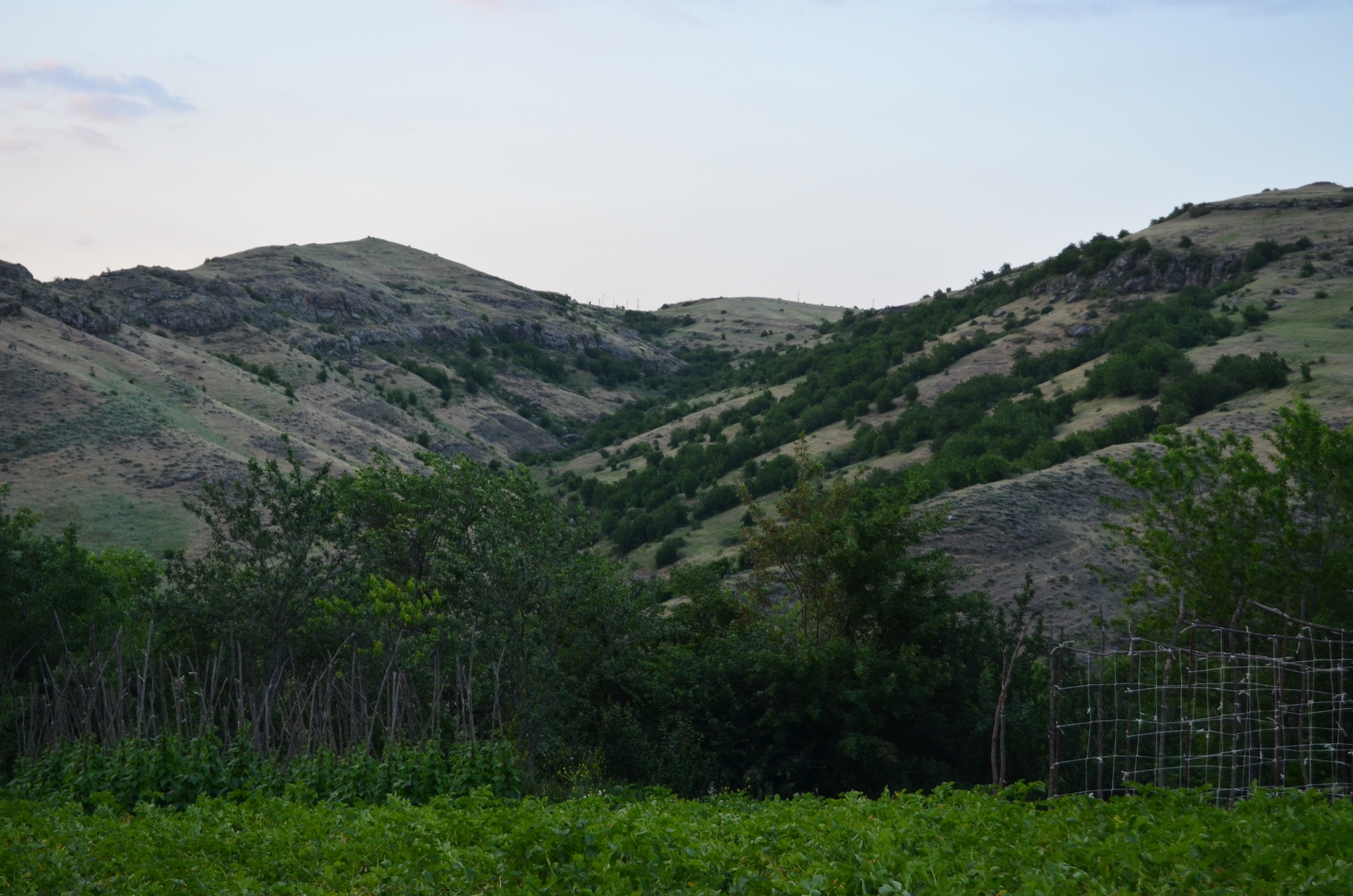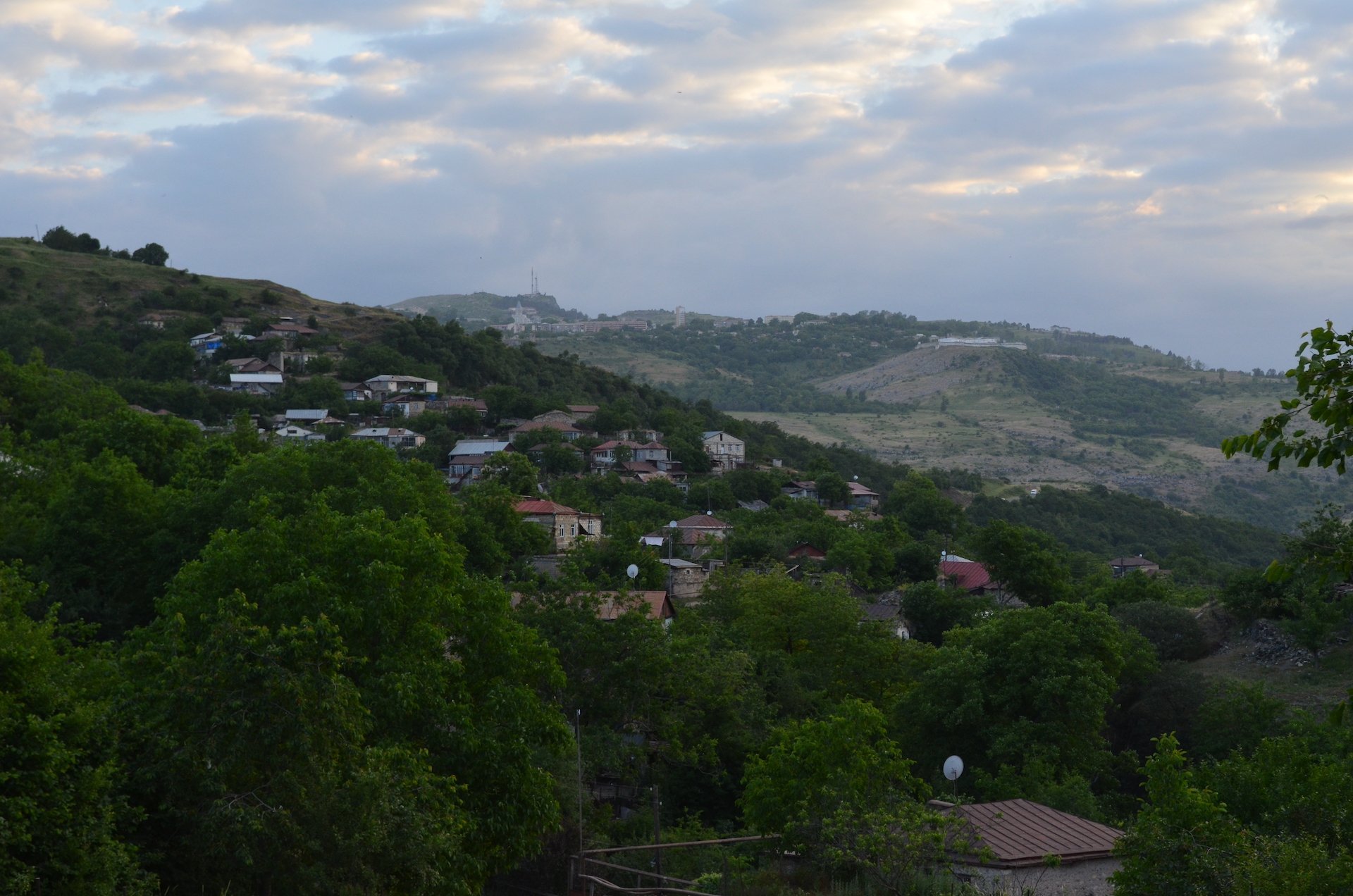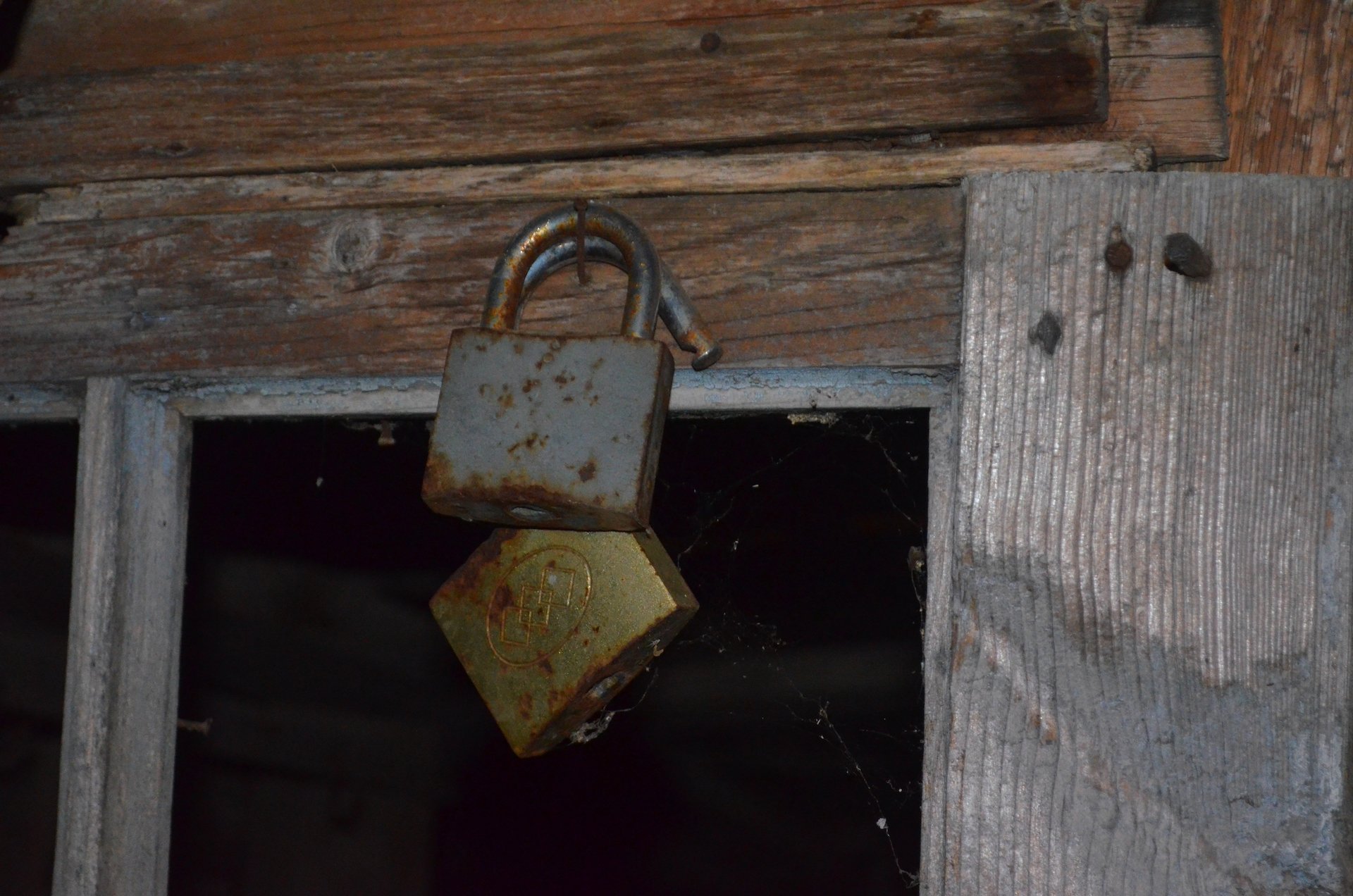
More than a year has passed since that day of hell. By "hell," I mean it in the truest sense—a day when the cries of those who fell into the flames echoed across a city that was once prosperous and orderly.
On September 25, 2023, a fuel depot in Stepanakert exploded as thousands lined up to secure fuel amid a mass exodus from Nagorno-Karabakh. The blast killed 219 people, left 300 injured, and, a year later, 22 individuals remain missing.
With trembling hands I was knocking on every door in our building and the neighboring ones, where the lights were still on. Those who managed to find fuel and leave for Armenia, carefully turned off their lights and closed their doors as usual, as if they would be back the next day.I asked the residents of the still-unvacated apartments for blankets, linens, medical supplies and any type of painkillers to send to the hospital, where after the nine-month blockade, there was almost nothing left-only unrecognizable, burned people howling in pain, begging for help. And there was the medical staff, helpless, yet doing the impossible, hoping to save just one more life.
The goodbye
I said goodbye to my smoldering, abandoned city on September 27, when they began intensively airlifting the burned to Armenia by helicopter. Most of them didn’t survive—some died after hours, others after days, and the most resilient ones after weeks.
I chose not to close the door of our apartment, nor did those who did not want others to break in by force.
Now our apartment in Stepanakert1 has new owners. I saw a video from our street, and there was laundry hanging from our window. I didn’t like the way they hung it. In my town, it was an unwritten rule to hang the laundry by color and size.
My uncle’s son
It was the day my uncle's only son died. I couldn’t call my uncle's wife, who had nowhere to go that day to lay flowers. The son rests in our family cemetery in the village of Shosh, in the Askeran region, next to my uncle, who died of cancer while his son was still in military service.
My uncle's son had big plans for after his return from the army. He worked hard to support his mother and sister after his father’s death. But then the war of 2020 began, and he never returned.
Where should I take the flowers I bought for my uncle's son? Beyond Hakari bridge lies his flowerless and likely overgrown grave.
My son
My son turned six a few days ago, and I wonder what he wished for while blowing out the birthday candle.
I tell my son about his birthplace, sharing stories of our home in Stepanakert—his room, our yard, his kindergarten, and the school he attended for just 19 days. The war began on September 19, 2023, and we lost the most precious things we had. We were forced to leave our homes, leaving behind our best years, our past and the graves of our loved ones.
Will my son hold onto his longings from today in the future? My six-year-old struggles to understand why other people live in our apartment and why we have to rent someone else’s place. I also find it difficult to give him a clear answer to that question.
My brother
My elder brother died on the penultimate day of the 2020 war, and I often think about that day. If the war had stopped just one day earlier, he and the other boys in his troop would still be alive.
During the war, my brother once called and expressed his fear for the fate of my then two-year-old son. He said he didn’t want him to witness the horrors he was experiencing and endure the inevitable traumas of war. He hoped it would be the last one.
Now, I find myself expecting war at any moment. I no longer believe in peace. I have only one son, and I dread the thought of war taking him away from me one day.
My dreams
I often find myself returning home in my dreams—not to the apartment where I lived with my husband and child, nor to the apartment where I grew up. Instead, I am always in our village house, the place where I was born.
If I could be in Artsakh*2, for just a moment, I would choose to open my eyes in our village. If there are new owners there too, I hope they won’t cut down the mulberry trees, especially in the upper garden, where the juiciest, largest, and darkest mulberries grow.
My older brother and I loved to climb the mulberry trees. Our grandmother would often chase us away from the trees with a whip, fearing we would fall and hurt ourselves. My grandmother’s whip couldn’t protect us from being hurt, nor did she live long enough to witness our pain—perhaps fortunately.
___________________________________________________________________________

